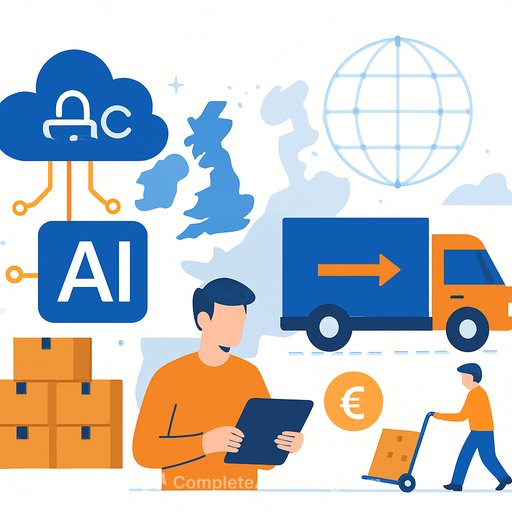Cloudera Acquires Taikun to Strengthen Hybrid Cloud Infrastructure for AI
Cloudera Inc. has acquired Taikun, a Miami-based company specializing in Kubernetes and multi-cloud management. This acquisition aims to expand Cloudera’s data and AI platform across varied environments, from public clouds to isolated on-premises systems. The move addresses the increasing complexity enterprises face in managing AI workloads across hybrid cloud infrastructures.
Founded in 2020, Taikun offers a platform that simplifies Kubernetes orchestration for hybrid and multi-cloud setups. Its technology provides a unified control plane, enabling efficient scaling and resource management. Cloudera, known for its open-source data platform rooted in Apache Hadoop, views Taikun's solutions as key to supporting the growing demands of AI workloads that require reliable data flow across fragmented cloud environments.
Strategic Integration Enhances Cloudera’s Hybrid Cloud Capabilities
The integration will allow enterprises to manage operations through a single interface, minimizing difficulties common in multi-cloud deployments. According to Cloudera, this means businesses can deploy their data lakehouse and AI inference workloads in sovereign clouds or air-gapped networks—an important factor for regulated sectors such as finance and government.
Kubernetes, as the industry standard for container orchestration, plays a central role here. Taikun’s enhancements could provide Cloudera with a competitive advantage over peers like Databricks and Snowflake. Market observers have responded positively, noting that this acquisition strengthens Cloudera’s “Kubernetes-native muscle” for AI infrastructure and supports greater freedom in hybrid cloud environments.
- Unified control plane for hybrid and multi-cloud management
- Support for sovereign and air-gapped cloud deployments
- Improved scalability and resource efficiency for AI workloads
Impact on AI Workloads in Distributed Cloud Environments
This acquisition signals a growing industry trend toward containerized, cloud-agnostic architectures. Since going private in 2021, Cloudera has shifted focus toward AI, especially generative models. Taikun’s expertise in managing segregated service clusters and scaling aligns well with Cloudera’s goal of supporting large AI workloads without locking customers into specific vendors.
Challenges remain, such as integrating Taikun’s technology and competing with hyperscalers like AWS and Azure, which dominate Kubernetes services. Industry commentary highlights that Cloudera now offers consistent, cloud-native operations across environments, but the speed and effectiveness of team integration will be critical.
Looking Ahead: Shaping Data Management for AI
By embedding Taikun’s tools, Cloudera aims to provide a seamless cloud experience for data regardless of location. This could improve portability and security, key concerns for enterprises managing AI workloads across distributed systems.
As AI spending is projected to increase significantly, the acquisition may help Cloudera capture more market share and accelerate innovation cycles for its customers. Industry insiders anticipate further moves to expand Cloudera’s ecosystem through additional acquisitions or partnerships.
For management professionals interested in AI and cloud infrastructure, staying informed on these developments is essential. Learning about Kubernetes and hybrid cloud strategies can offer a competitive edge in overseeing complex IT environments. Explore relevant training options at Complete AI Training to build expertise in these areas.
Your membership also unlocks:






